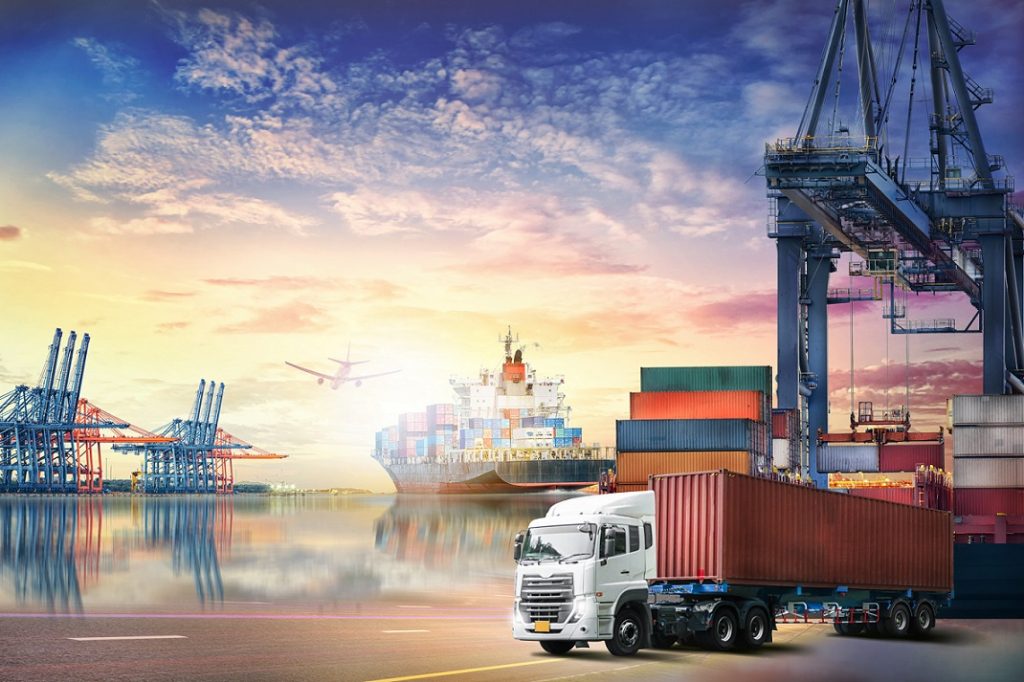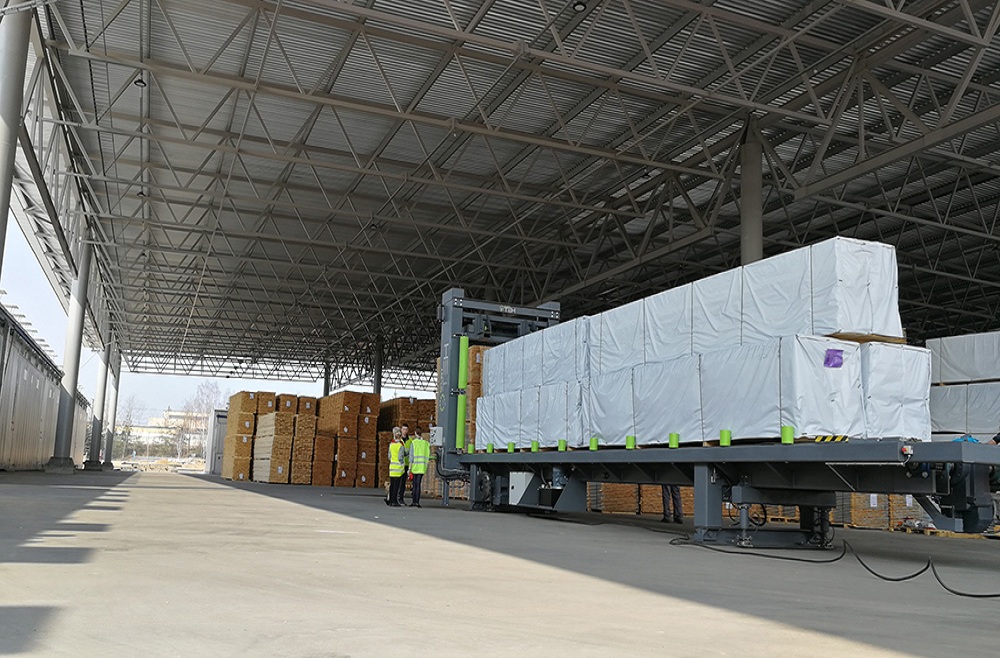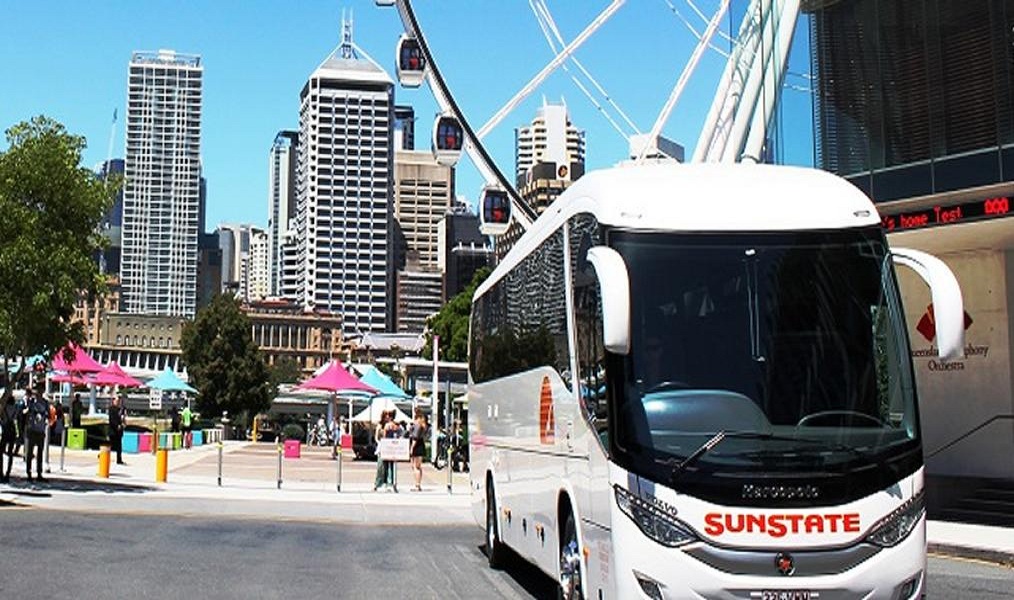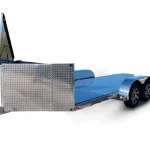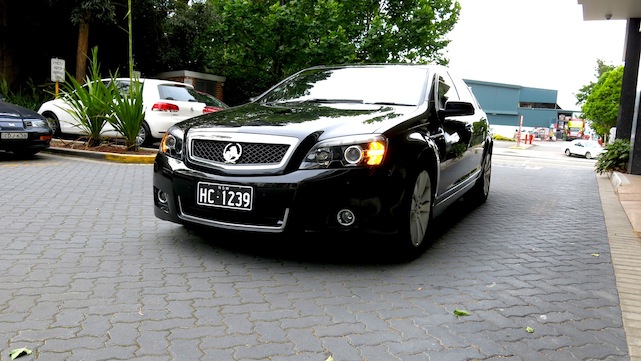It is no surprise that the freight sector faces a series of daily challenges regarding document transfer service (บริการ รับ ส่ง เอกสาร, which is the term in Thai) to foreign countries, due to the internal and external factors related to the daily processes of the profession.
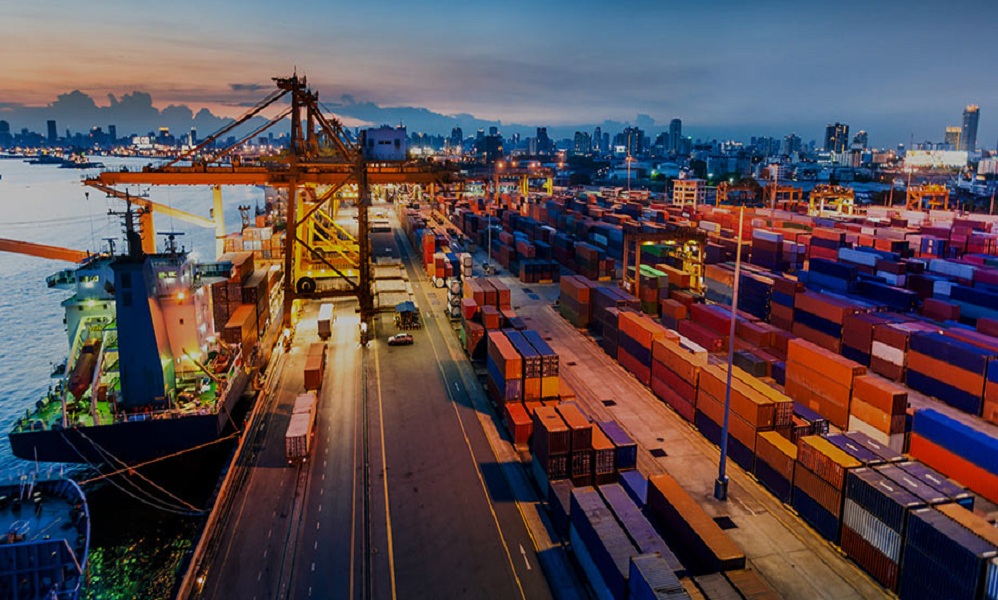
It is in this context that risk management becomes a fundamental aspect in the logistics chain of any company in the industry, since it aims to minimize all the mentioned problems, guaranteeing the safety of vehicles, loads and employees.
Continue reading to understand what risk management is and what its benefits to logistics are!
What is risk management?
In a simplified way, risk management is the set of administrative processes related to the entire transport chain, handling, distribution and storage of cargo. Basically, the processes are applied with the use of technology and intelligence.
Considering that the road haulage sector handles a large portion of GDP, the increasing demand increase proportionally generates more measures, resources and precautionary strategies to avoid losses and damages in the segment.
Many procedures and standards are stipulated to prevent or reduce the frequency of theft of loads and accidents, such as:
- Changes in travel schedules;
- Changes in truck routes;
- Places of stops for supplies, rest and overnight;
- Implementation of security technologies, monitoring and tracking.
Why is risk management important for business logistics?
From ensuring that freight transport is carried out safely and quickly, to reducing costs and gaining more credibility with insurers, the advantages that it has to offer to logistics are invaluable to the business.
It is important to emphasize that the purpose of risk management is to anticipate the threats that the cargo may suffer during the journey. In addition, among its benefits, we can mention cost reduction as one of the main ones.

Daniel is the eco-conscious auto whisperer. His blog doesn’t preach; it educates on the world of green transportation. It’s your guide to reducing your carbon footprint without sacrificing style or speed.


